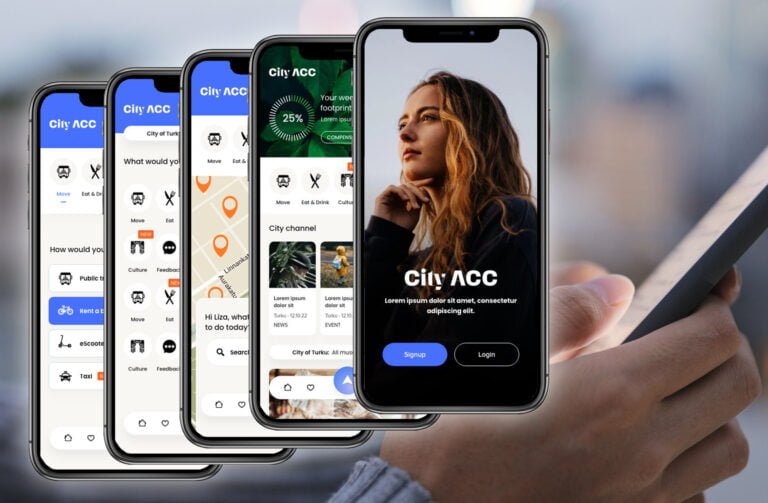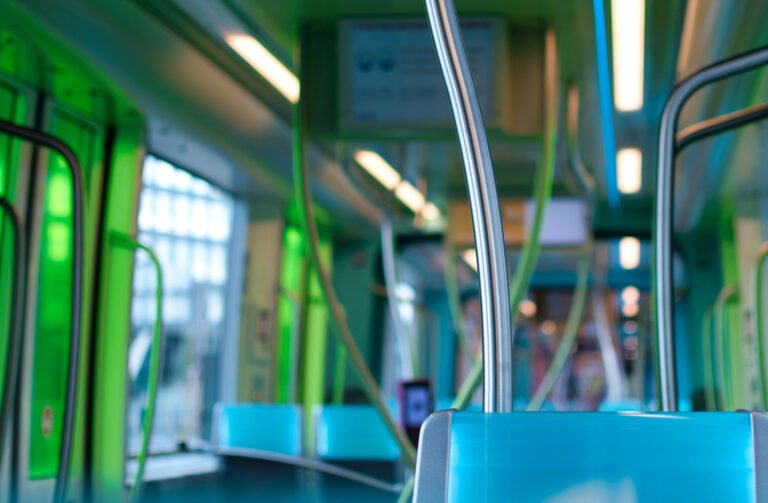By Tuomo Parjanen
CEO of PayiQ
There’s no denying it. It’s been demanding. When you are in the mobility business and people stop moving, you are in dire straits. We are engineers and therefore reorganizing our internal workflow was quick. Making cash flow estimates that make sense, securing financing to bridge the crisis and rethinking our sales strategy to meet the new challenges of our customers has taken a while.
But rough can be exhilarating too. Survival mode helps you to focus on the right things and rethinking strategy and its execution can be intellectually satisfying. People will not stop moving forever. Once we get to the other side of the crisis, we’re bigger and better than we were before and ready for a growth spurt.
What gives us confidence is that in a few months we got 100 000 new users. Cash is out, mobile payments are in. We’ve also made improvements we believe will benefit our customers immediately and in the long run. In Russia we’ve made integrations to local fast payment systems. Hop-on hop-off tickets were made possible on our service. We’ve also developed a ticket that weighs the options available and calculates the cheapest price for customers depending on how much they travel. Currently we are integrating a carbon footprint counter and reporting to our service so that both individual users and operators can follow how the burden on the environment develops. At our home base in Finland, in the Turku Region, we have implemented a ticket that allows travel both in the city and commute back and forth to the rural areas around it.
What we are hearing when we talk to the representatives of cities is that the pandemic will boost digitalization in a significant way. Mobile ticketing, being easy to apply, is often the door opener to new thinking and introduction of new services. When done right, the move to mobile ticketing starts accumulating valuable data on people’s behavior and needs and can be mined to improve and optimize services.
Cities and operators that do not have modern mobile ticketing infrastructure are turning to PayiQ because with us you can have a covid-resilient smart ticketing system up and running in a few weeks. Our smart ticketing platform is practically a plug and play solution without a need to replace existing infrastructure or invest heavily to move things forward. We have inbuilt integrations to various validation methods and most manufacturers’ validation equipment.
The platform has the ability to channel a variety of mobility options into one consumer-facing application: buses, metros, car shares, free-floating rides, parking and even events and food courts, if wanted. The whole offering can also be bundled so that a single ticket covers the whole journey and use of different modes of transportation. Buying, using and validating tickets on the run is contactless and safe.
The options offered by PayiQ Ticketing-as-a-Service platform are usually more plentiful than any city can use. But they can and should be applied gradually. To achieve the best outcome there must be willingness to work together with as many public and private operators as possible. Our tools support it, and as a service provider we do our best to support open ecosystems thinking. The better, the more adaptable and more resilient the transport system as a whole is, the faster the travelers come back.
















